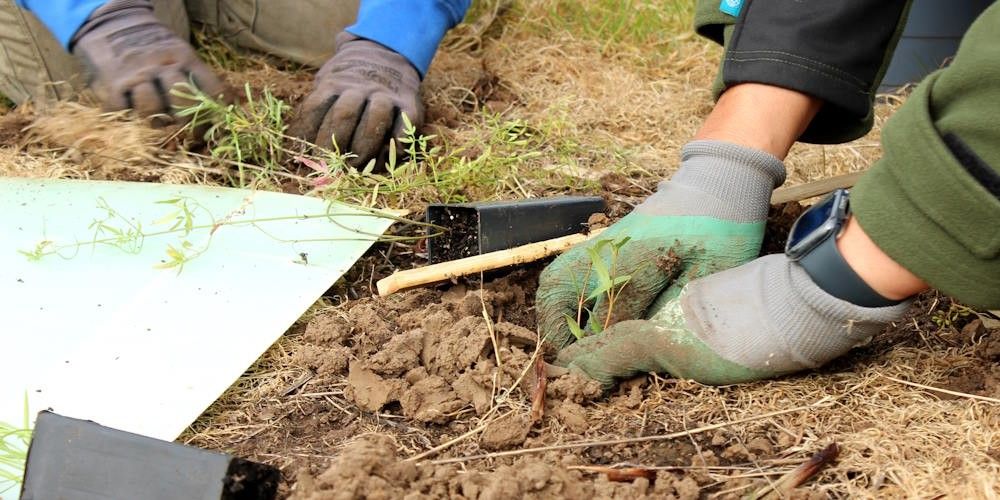2,000 Southern White Rhino saved by African Parks
Posted on
Imagine 2,000 southern white rhino – and then imagine them being re-wilded. Now, these 2,000 rhino make up to 15% of the word’s wild population, so they are important.
Enter African Parks.
They are now the official custodian of these 2,000 southern white rhino and their goal is re-wild them over 10 years. They want to move them to several well-managed protected areas across Africa and in so doing, to establish and supplement strategic populations. This should help secure the future of the southern white rhino species in Africa.
How did this happen? Well, African Parks purchased the world’s largest captive rhino breeding operation to try to rescue and re-wild these amazing animals.
African Parks manages 22 protected areas in partnership with 12 governments across Africa.
“Platinum Rhino” was a 7,800 hectare property.
It sits in the north-west province of South Africa. It went up for auction in April 2023 but sadly there were no bids. This put the rhinos at risk of poaching and fragmentation so African Parks were asked by a number of concerned individuals from the world of conservation to help.
African Parks undertook due diligence, and with the support of the South African Government and with emergency funding to make everything possible, African Parks agreed to buy the farm AND the 2,000 rhino!7
The breeding programme is to be phased out and after all the rhino have been released into the wild, the project will come to an end. African arks will be working with multiple governments, funding partners and conservation organisations.
Southern white rhino had reached a terrifying 30 to 40 animals in the 1930s, but conservation measures enabled their numbers to rise to about 20,000 by 2023. Poaching for their horns has led to their numbers declining to below 13,000.
Non-profit conservation organisation African Parks takes on the responsibility for the rehabilitation and long-term management of protected areas, in partnership with governments and communities. It manages 22 national parks and protected areas in 21 countries, covering over 20 million hectares in ngola, Benin, Central African Republic, Chad, the Democratic Republic of Congo, the Republic of Congo, Malawi, Mozambique, Rwanda, South Sudan, Zambia and Zimbabwe.
